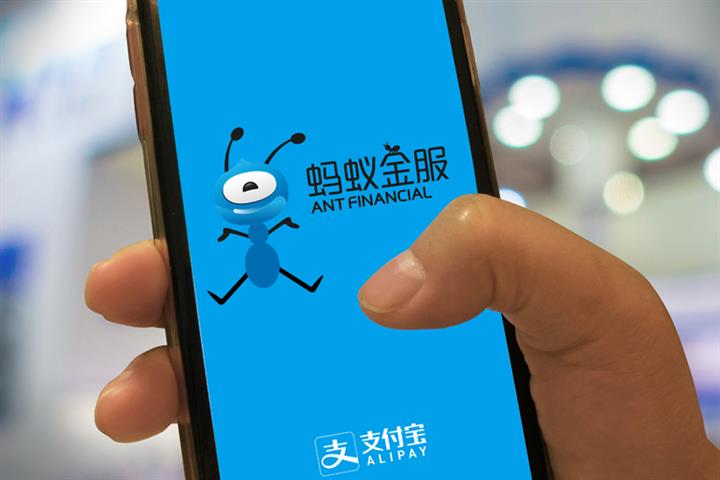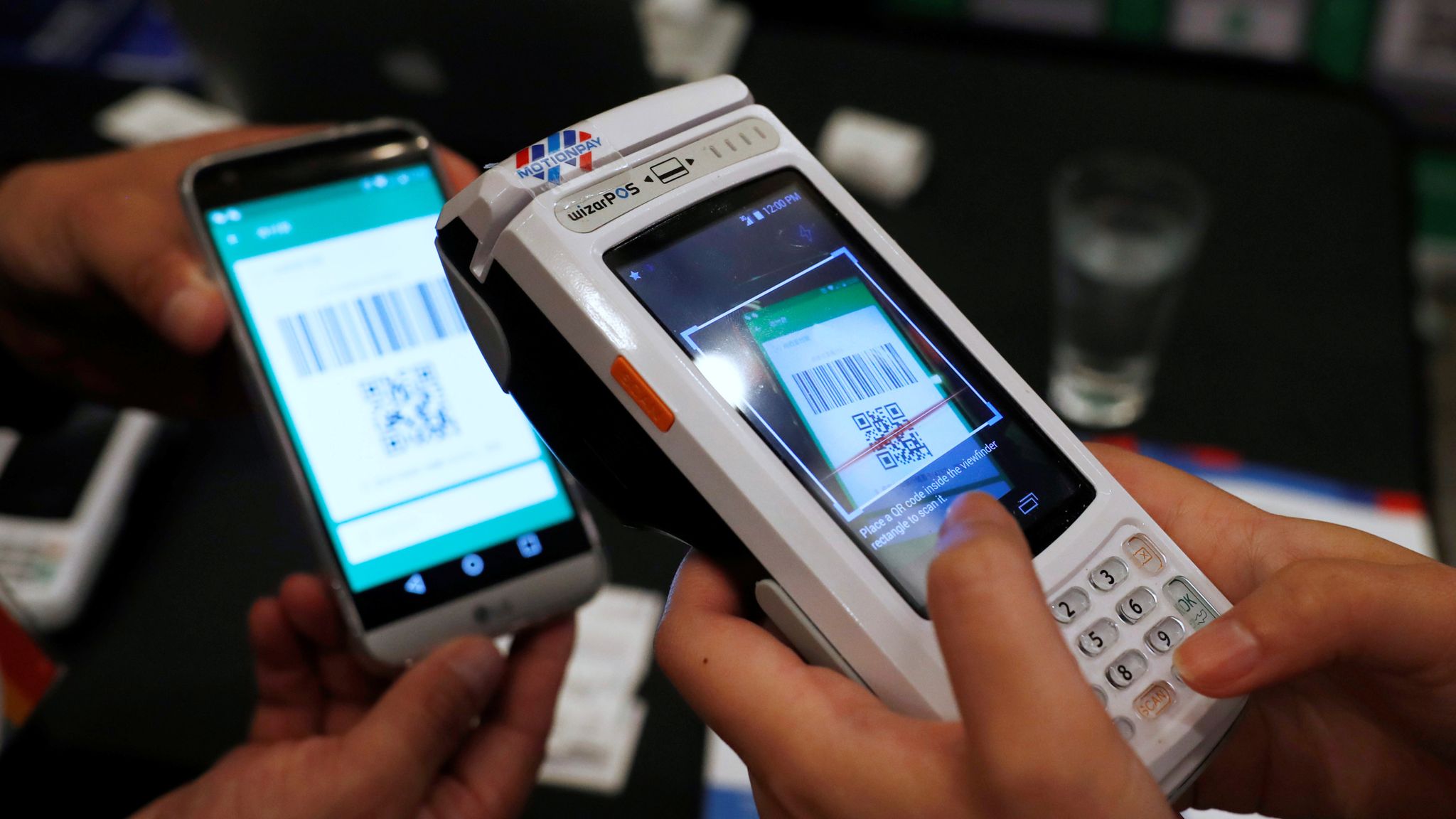

This disproportion helps to explain the ensuing antitrust campaign affecting the internet industry, of which Ant Group and its parent company Alibaba have both fallen afoul as main actors. In comparison, the digital economy sector of countries such as the US and the UK account for less than 10% of these countries’ GDP. The suspended IPO and the new demands reduced Ant Group’s valuation, which whittled down to just USD 144 billion this month from a peak of USD 315 billion in late 2020.Īnt Group’s story is emblematic of China’s outsized digital economy, a sector that reached RMB 39.2 trillion (USD 6 trillion) last year, or about 38.6% of the country’s total GDP in 2020. Regulators also demanded that online lending platforms must fund at least 30% of loans they offer in partnership with banks as part of a move to reduce risks in the country’s financial sector.Ĭhina’s central bank and three other financial regulators summoned Ant Group in April and asked the company to correct “serious problems” in its business to improve its competitiveness, practically forcing Ant Group to transform itself into a financial holding company, which in practice, will be supervised like a bank, and will be subject to regulations similar to those that govern banks. However, in a quick turn of events, regulatory changes introduced at the end of last year for fintech companies, issued by the China Banking and Insurance Regulatory Commission, demanded tighter rules for issuing loans. In the meantime, the company managed to steer clear of the traditional banking sector’s regulations. Yet, Chinese regulators decided to put a stop to it, signaling Beijing’s wariness of big technology firms encroaching on the financial sector.Īnt Group’s digital financial services, encompassing credit, insurance, and wealth management products, powered the company’s growth from a mobile payment provider to a multifaceted marketplace for financial products. investors from buying its shares, and its impact on a fintech giant like Ant would have likely been largely symbolic.Ant Group’s USD 35 billion dual listing in Hong Kong and Shanghai last year was set to be a coup for the country’s tech sector and capital markets. suppliers to seek special licenses before selling to it. Inclusion on the trade blacklist, known as the entity list, forces a company’s U.S.

It is 33% owned by Alibaba and controlled by Alibaba founder Jack Ma.

Ross and Evans could not be reached for comment.Īnt is China’s dominant mobile payments company, offering loans, payments, insurance and asset management services via mobile apps.

government scrutiny, the person said, stressing that Ross's decision was neither due to the phone call nor market, election or legal concerns.Īnt and the State Department declined to comment. In contrast, the fourth person said Ross was taking into account the fact that Alibaba's BABA.N platform Taobao is already on the United States Trade Representative's notorious markets list due to concerns it includes some counterfeit goods.


 0 kommentar(er)
0 kommentar(er)
